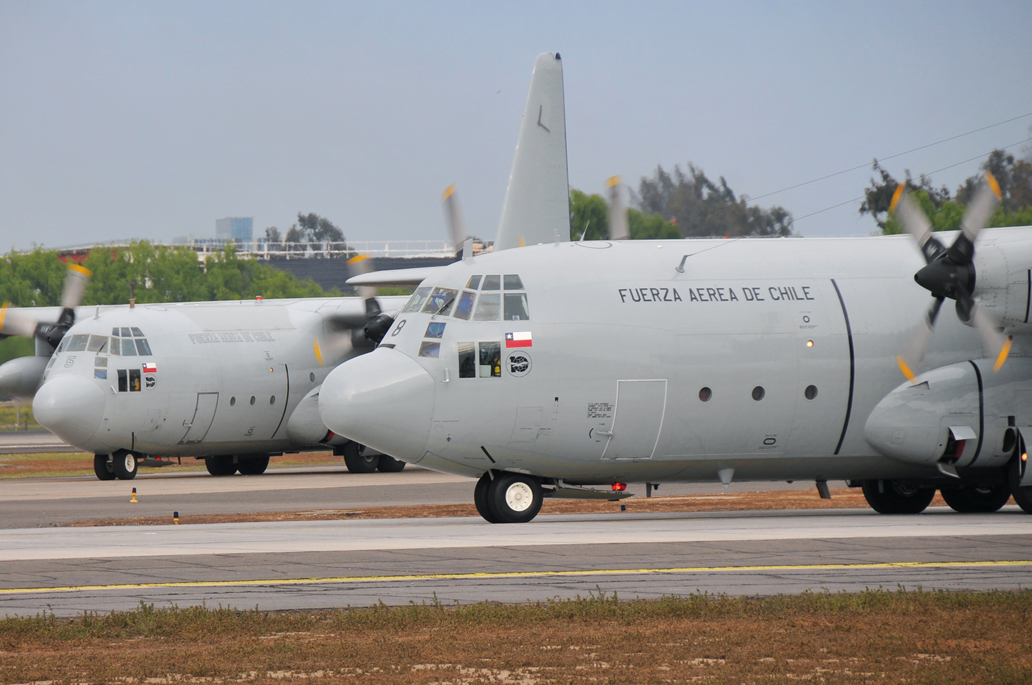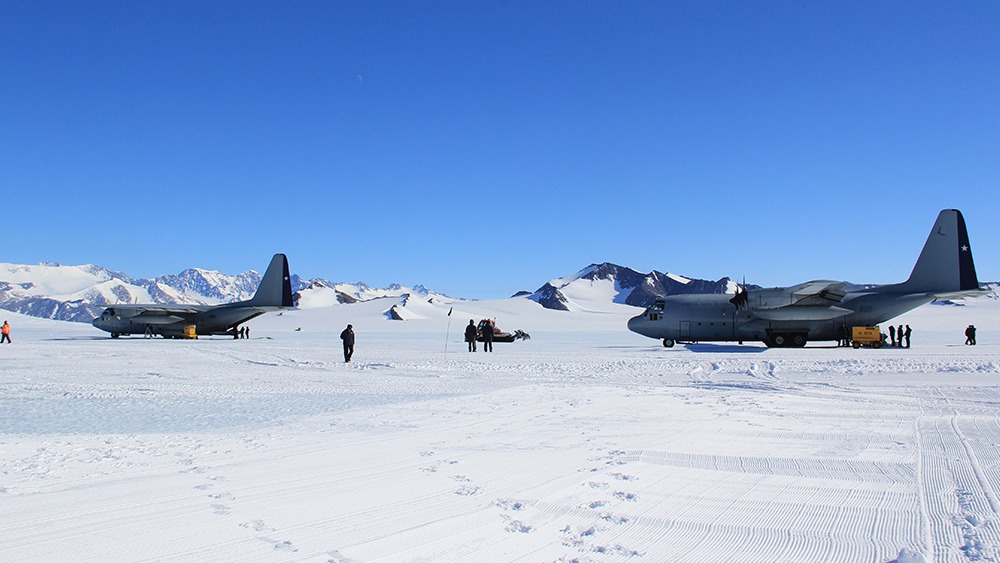Chilean Air Force Sanctions 20 Crew Over C-130 Antarctic Flight Refusal
The failures compromised the crew’s ability to accurately monitor fuel balance during long-range flights.
A total of twenty members of the Chilean Air Force (FACh) were sanctioned with three days of military arrest after refusing to participate in a mission to Antarctica aboard a C-130 Hercules aircraft that, according to internal reports, had discrepancies in its fuel system. The case, revealed by the investigative unit of BioBioChile, once again places the service’s strategic airlift fleet under scrutiny, particularly in light of the 2019 crash of C-130H “990” in the Drake Passage, which claimed 38 lives.
The Mission and Technical Reports
The events date back to December 15, 2024, when pilots and technicians of the Second Air Brigade in Punta Arenas were assigned to the Joint Polar Scientific Campaign Glaciar Unión 2024, a cargo and personnel transport operation to the White Continent. The designated aircraft, C-130 tail number 995, had recorded discrepancies in the fuel quantity indicators of its main tanks.
According to internal reports accessed by the Chilean outlet, the failures compromised the crew’s ability to accurately monitor fuel balance during long-range flights, increasing operational risk under extreme weather conditions. “The flight does not meet the minimum operational safety standards,” wrote one of the assigned pilots, warning that the root cause of the malfunction had not been determined.

Some internal documents also referenced pressurization issues and deteriorated wiring, a recurring deficiency identified in the aircraft since its acquisition from the United States in the mid-2010s.
Aging Hercules Fleet Poses Safety Challenges
The C-130 Hercules is the FACh’s primary strategic transport platform, operating from El Bosque and Chabunco air bases on logistics, humanitarian support, and scientific missions. While the fleet has undergone modernization programs, several aircraft remain in service after decades of operational use.

The 2019 crash, when C-130H “990” went down in the Drake Passage during a logistics mission to Antarctica, deeply impacted the institution and triggered inquiries into maintenance standards. BioBioChile’s report recalls that the aircraft had also shown fluctuations in its fuel indicators shortly before the accident.
The Institutional Resolution
Following the crew’s refusal to board the aircraft, FACh leadership convened an internal meeting and subsequently decided not to authorize the flight on that airframe. Nevertheless, all personnel involved were sanctioned.
A resolution issued by the Second Air Brigade Command argued that the technical discrepancies were “being duly addressed and analyzed” and that the crew’s refusal “contributed to an atmosphere of distrust among flight personnel, affecting their availability to perform duties inherent to the service.”
The sanctions reignite debate over operational risk management in Antarctic missions, which involve flights exceeding 3,000 kilometers over harsh weather environments and routes with no diversion airfields.

/https://aviacionlinecdn.eleco.com.ar/media/2022/04/IMG_0025ao.jpg)
Para comentar, debés estar registradoPor favor, iniciá sesión